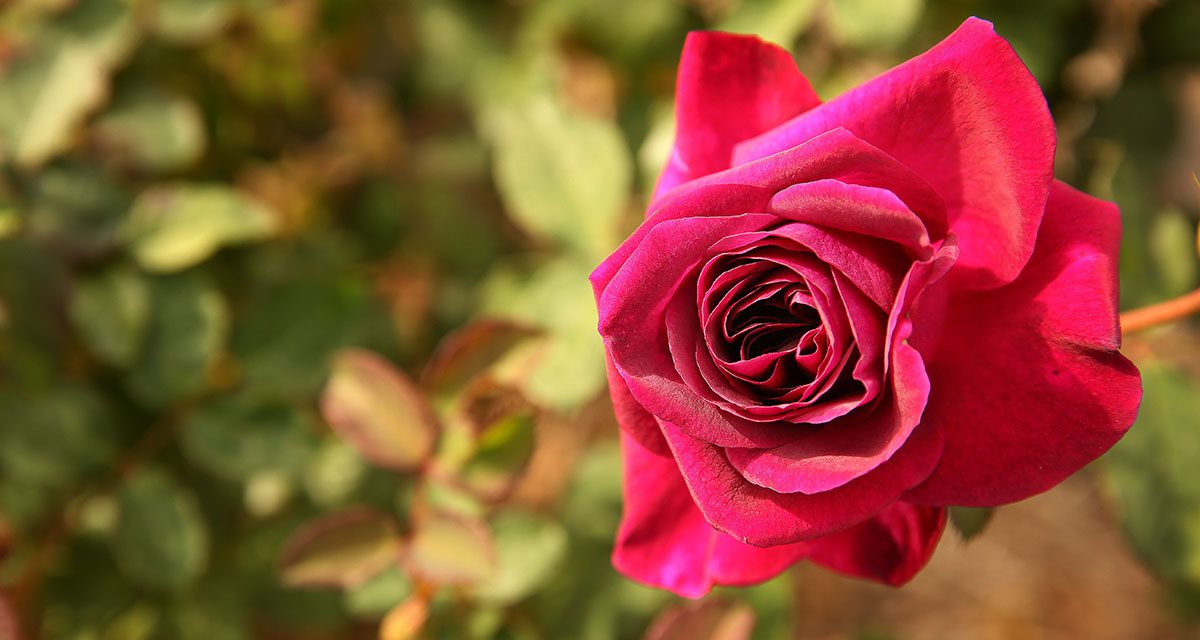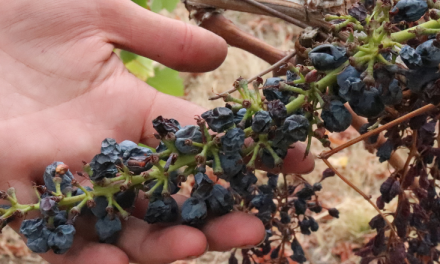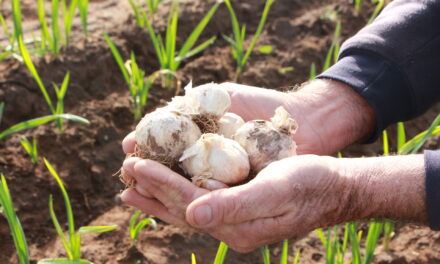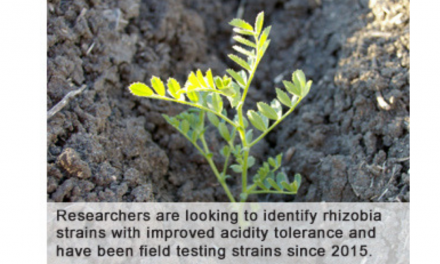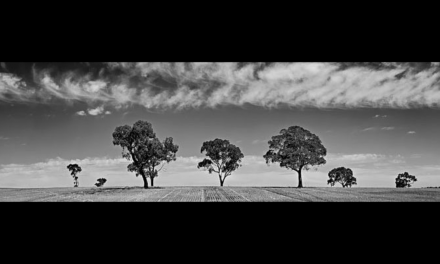Few industries would be as crowded as the floral. Nearly every home in Australia grows some; they flourish at florists and are used for just about every celebration known to mankind. And of all the flowers available the rose rules and one Victorian small farm operation, on the northern fringe of Melbourne, has been trailblazing a path through the competition.
Agriculture, horticulture, aquaculture, permaculture, viticulture.
But there, amongst all these cultures, blooms perhaps the most magnificent of them all.
Floriculture.
And rising above all the colours and varieties therein stands the rose.
More has been writ about the rose than any other bloom.
Perhaps more science and research has been written about crops, cows and even fish.
But none have been lionised like the rose.
Certainly no line springs to mind in the works of, for example, Shakespeare that capture an image of a corn cob or bovine.
Yet he did find time to jot down “a rose, by any other name would smell as sweet”.
Anne, of the famous Brontë sisters, declared “but he who dares not grasp the thorn should never crave the rose”.
The Americans, not to be outdone, turned to Ralph Waldo Emerson to pen “there is simply the rose; it is perfect in every moment of its existence”.
In one incarnation or other the rose has been recorded as far back as 35 million years although its popularity is much more recent – around the 1600s.
Incredibly, with a bit of effort, there are a couple of those antique cultivars still available commercially.
So all Clonbinane’s Graham and Diana Sargeant have to do now at Silkies Rose Farm is come up with something no-one has dreamt of, let alone seen.
And that’s what they have been working on for the past 35 years since their combined love of growing things started with miniature roses on the back porch of their Kilmore home.
Today they stand out as pioneers of the organic rose industry and Graham has turned a stunningly successful show career (so successful he’s not welcome at too many events these days) into a growing, packaging, marketing and selling career.
With breeding on the side.
Which, as you would expect, has also been going gangbusters with his creation of Gra’s blue, a multi-award winning modern patio/miniature rose.
A disease-resistant bloom of delicate beauty and fragrance in 2015 it was awarded bronze medal and named most fragrant rose in the National Rose Trial Garden of Australia.
Gra’s Blue has been hailed by the industry as a true ‘little beauty’.
The shrub is constantly producing tight buds of lavender/mauve which open to reveal a mass of small petals which last well on the bush and in a vase.
Growing to a rounded bush around 75cm tall it is being used extensively by lovers of trusses of medium-sized blooms on low growing bushes with loads of perfume.
Graham said he began seriously breeding about seven years ago and it took him 12 attempts to come up with Gra’s Blue.
“You put your finger in the rose and get the pollen and go and put that on the rose with which you want to cross it,” Graham explained.
“You play at being a bee.”
By comparison the world’s major producers have been known to breed 100,000 times from which they might come away with one or two new flowers.
However that is all icing on the cake.
The Sargeants are 100 per cent focused on their market – home gardeners.
With just 2.5ha of farm they reckon they have sold more than three-quarters of a million roses since they became a nursery 30 years ago.
Sited 55km north of Melbourne they are in easy reach of a massive suburban market but their foray into cyber-selling has accelerated demand for their organic blooms in the past five or six years.
They now sell to every state except WA, where conditions and import protocols preclude the effort versus the ease with which they sell to the rest of the country.
“We sell in eight inch pots ready to go, we don’t wholesale we do everything for the home garden,” Graham said.
“Actually ‘we’ might be a bit strong, Diana really does all the work around here,” he laughed.
Diana said the family started to look at organic gardening around 1986 after Graham started suffering from headaches, something they believed connected to the standard chemicals being used for the previous two years.
“Graham came in and said he was not spraying anymore,” she said.
“The chemicals do stuff to you, there’s no doubt about it.”
So Silkies became one of the first Victorian nurseries determined to go organic and took up the Sustainable Gardening Australia challenge to achieve that.
But growing that many roses that close together meant they were challenged by fungus in particular as well as insects such as thrip.
“We found something as basic as Eco Oil, a mixture of eucalypt and melaleuca oil did as good a job as any chemical in controlling that, while neem oil (extracted from the neem tree) is good for insects – and the environment,” Graham said.
“On top of that we have an emphasis on nutrition in our plants and except for winter, when we transport plants bare-rooted as they are dormant, we recommend customers always plant their new roses with the contents of the pot as it helps them grow on,” he said.
Although he has created his own rose, admits hybrid teas are still possibly the most popular varieties and Silkies has access to as many as 500 varieties he said in today’s market one thing rules – fragrance.
There was a time when it was sacrificed for visual aesthetics but now it is fragrance, fragrance and fragrance (what was it that Shakespeare said: “a rose, by any other name would smell as sweet”).
Silkies is also supported by a small network of contract growers and a rootstock producer – each winter it brings in around 15,000 plants to restock.
And while Graham has Gra’s Blue, his Holy Grail is a cobalt rose.
Any hint he might be barking up the wrong stem is instantly dismissed.
“They said the yellow rose was impossible but look how many of those there are now,” Graham countered.
The anthocyanidin pigment delphinidin, the primary plant pigment that produces a blue hue, is not found naturally in roses.
The world’s first genetically modified blue roses were created in an Australian lab by the Japanese firm Suntory.
When it comes to black there is the Taboo or, for hotter areas, the Papa Meilland but as black roses (which are so dark red they appear black) burn easily and are better suited to milder climates. The closest to black of them all is considered to be the Halfeti from Turkey.
“Elina – a lemon to light yellow bloom – is also a must have amongst serious rose growers,” Graham added.
“Silkies delivers an extensive range of climbers, pillars, ramblers, old fashioned, standard, David Austin, hybrid tea, floribundas and many more,” he said.
“At Silkies we have found we are able to consistently produce healthy roses just as nature intended – naturally.
“Our success lies in ensuring the nutrition of our plants is in balance as well as being adequate, and because we work with nature using organic based products.
“We have obtained approval as a Sustainable Garden Centre, which means that all staff has had the appropriate training, so we can advise you on the best methods available to save water, avoiding environmentally damaging pesticides and how to compost your waste.”
The business also has a regular newsletter, constant updates on its website and an innovative Q&A option online where people can write in and get advice from the Sargeants or others following the conversations.
Silkies Rose Farm is open to the public – it attracts visitors by the busload – from 9am to 4pm from Friday to Monday and closed Tuesday, Wednesday and Thursday (but open online 24/7).
But with all the choice available when it comes to roses of every shape size and hue, even Graham concedes few people can resist a deep red rose with a powerful fragrance.
Or to give Emerson the last word: “There is simply the rose; it is perfect in every moment of its existence”.
Contact:
Silkies Rose Farm
Spur Rd & McDonalds Rd, Clonbinane Victoria
Graham and Diana Sargeant
P: 0418 337 765

